News
Dvořák Prague International Music Festival 2024 programme announced
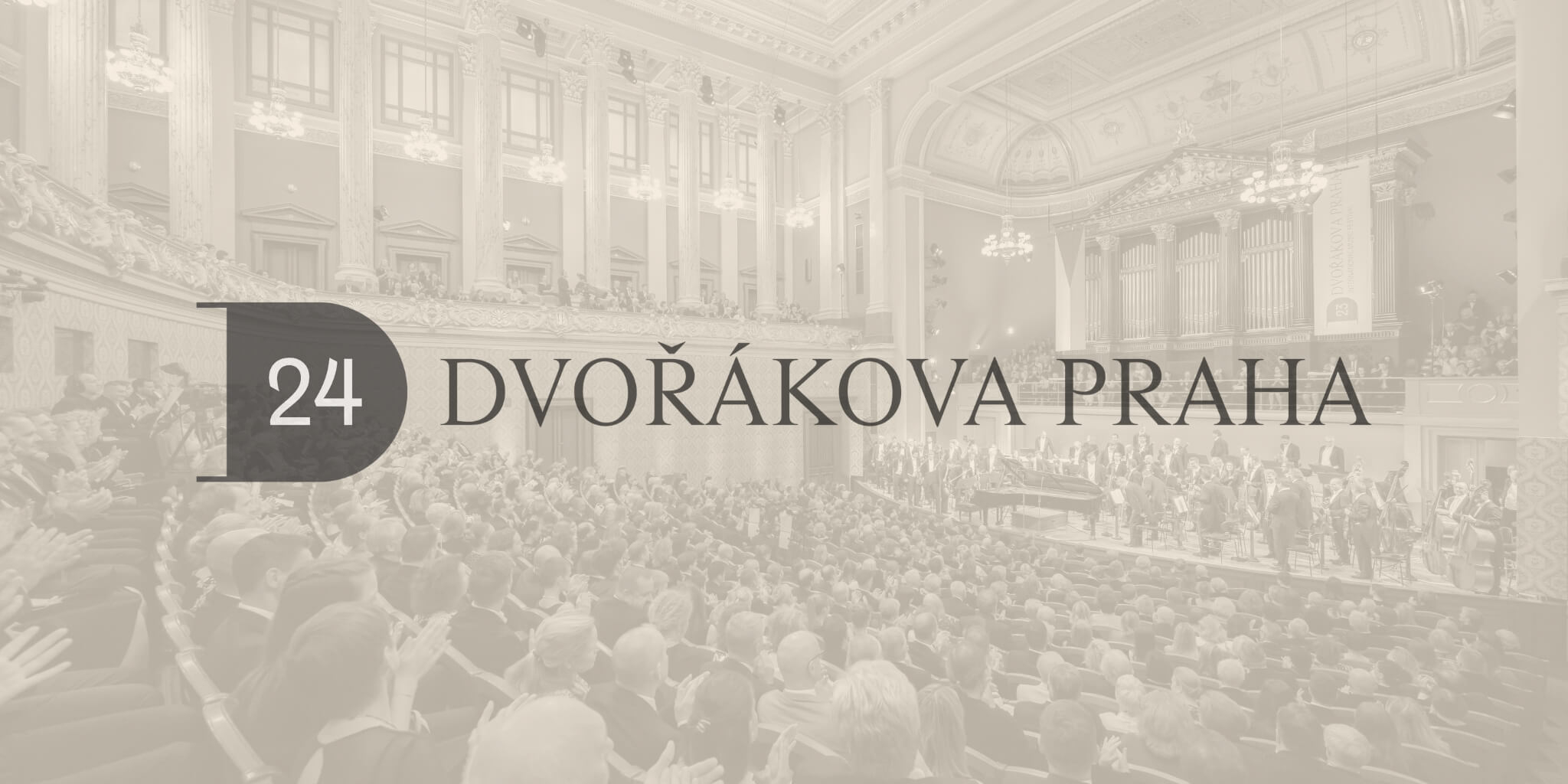
“This year, we will commemorate the Year of Czech Music through the works of Czech composers, including those who are not celebrating an anniversary in 2024, and we will also give space to famous native Czechs such as Gustav Mahler and Erich Wolfgang Korngold. A special concert performed by the combined orchestras of the Czech Philharmonic and the Bamberger Symphoniker, conducted by 2024 Dvořák Prague's artist-in-residence, Jakub Hrůša, a world-class icon of contemporary Czech performance art, will be dedicated to Mahler,” says Director of Dvořák Prague Jan Simon.
Besides the Bamberger Symphoniker, who will perform three times in Prague, the list of world-class orchestras features the Wiener Philharmoniker with conductor Christian Thielemann (18 September). Returning to Prague on 21 September is also the Academy of St Martin in the Fields from London, this time with their artistic leader Joshua Bell as soloist for Dvořák’s Violin Concerto.
United by Mahler is the title of the open-air concert being performed by the Bamberger Symphony and the Czech Philharmonic under Jakub Hrůša’s baton, held on 11 September at The Prague Exhibition Grounds. This special project, held on the occasion of the Year of Czech Music, will be a re-creation of the world premiere of Mahler’s Seventh Symphony in 1908. The composer then conducted the Czech Philharmonic and the orchestra of the former New German Theatre in Prague, whose members, following their post-war expulsion from Czechoslovakia, laid the foundations of today’s Bamberger Symphoniker.
On 10 September, the popular Opera in Concert series will offer a concert performance of Die tote Stadt (The Dead City), an early work by Brno native Erich Wolfgang Korngold. Lithuanian soprano Vida Miknevičiüté will play the main part of Marietta, while the German-Italian tenor Roberto Saccà will play Paul. The Prague Symphony Orchestra, together with other soloists and the Prague Philharmonic Choir, will be conducted by Tomáš Brauner, the orchestra’s principal conductor.
Collegium 1704 and Collegium Vocale 1704, under the direction of Václav Luks, are preparing the Seventh Symphony by another Czech native, Jan Václav Kalivoda, and an interesting interpretation of Dvořák’s Piano Concerto, to be performed on 15 September. Eric Guo, the last winner of the Chopin Competition in Warsaw, will appear as soloist and will perform on a period instrument.
This year, the Dvořák Collection will conclude a three-year chamber music series of Antonín Dvořák’s string quartets curated by the Pavel Haas Quartet. The traditional local ensembles (Bennewitz, Sedlacek, and Zemlinsky Quartets) will be joined by the Italian Quartetto di Cremona and the American Dover Quartet.
The festival will offer three piano recitals in September, including a performance by legendary Martha Argerich on 17 September in the Dvořák Hall. Her partner on stage will be the Italian-German pianist Sophie Pacini.
The For the Future programme series offers a wide range of concerts and accompanying events, including the final round of the Concertino Praga 2024 competition (14 September) and chamber music masterclasses with members of the Vienna Philharmonic. Two world premieres will take place at Dvořák Prague this year, and the festival will close with a performance by the Czech Student Philharmonic under the baton of Ingo Metzmacher.
This year too, the Festival will present a series of informal evening concerts at Bořislavka Centre, the seat of the main patron of Dvořák Prague, the Karel Komárek Family Foundation. While the venue remains the same, the concerts will begin at 6 pm.
The traditional Family Day will take place on 8 September in St Agnes Monastery, and the afternoon family concert with the Pilsen Philharmonic Orchestra held in the Bethlehem Chapel will introduce Antonín Dvořák as a teacher.
Antonín Dvořák Prize 2023 for the Panocha Quartet
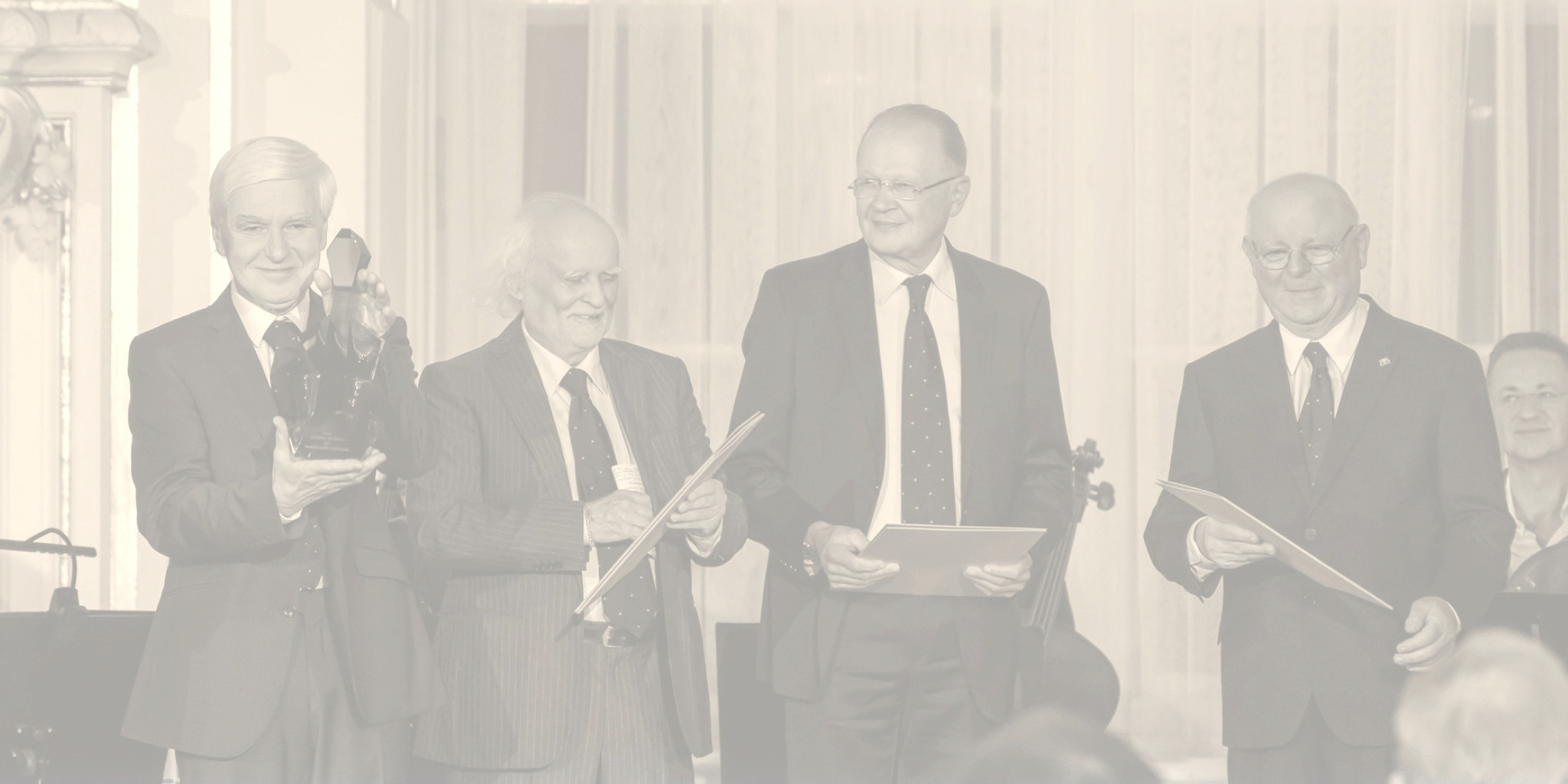
Before a capacity audience in Prague Castle’s Spanish Hall on Wednesday, 29 November, the members of the Panocha Quartet received the 2023 Antonín Dvořák Prize. The 12 Cellists of the Berlin Philharmonic Orchestra, an attractive ensemble consisting of members of that outstanding orchestra’s cello section, appeared before the audience and the television cameras to give a congratulatory performance. President of the Czech Republic Petr Pavel served as the gala concert’s patron.
“The enormous interest in this concert was validation of our idea of turning the award presentation ceremony into a prestigious cultural event. I am very pleased that the Panocha Quartet in particular were the honourees at the inauguration of a new tradition of concerts in the pre-Christmas season to honour of the laureates of the Antonín Dvořák Prize,” said Jan Simon, the Artistic Director of the event’s presenter, the Academy of Classical Music, and the chairman of the Academic Council, which votes each year to choose the prize winner.
The Panocha Quartet was established in 1968, and from 1971 until recently, they have been performing at home and internationally with unchanged membership: Jiří Panocha, Pavel Zejfart, Miroslav Sehnoutka, and Jaroslav Kulhan. Their artistic activities have made a major contribution to enhancing Czech music’s reputation around the world and to fostering the legacy of Antonín Dvořák. For its dozens of CD and LP recordings and for perhaps hundreds of radio studio recordings, the quartet has earned countless Czech and foreign prizes, including a Gold Medal in Bordeaux, a Gold Record from Supraphon, the Grand Prix du Disque of the Charles Cros Academy in Paris, and a MIDEM-Cannes Classical Award. The music of Antonín Dvořák and of other Czech composers is at the core of their recorded repertoire, including reference recordings of Dvořák’s complete chamber music.
The Academy of Classical Music has been awarding the Antonín Dvořák Prize since 2009 with the support of the Karel Komárek Family Foundation. The purpose of the award is to highlight artistic individuals, collectives, and institutions for exceptional artistic achievements or for meritorious service in promoting and popularising Czech classical music in the Czech Republic and abroad. Past laureates of the Antonín Dvořák Prize have been Josef Suk (2009), Ivan Moravec (2010), Jiří Kout (2011), Ludmila Dvořáková (2012), Jiří Kylián (2013), Jiří Bělohlávek (2014), Yo-Yo Ma (2015), Richard Novák (2016), Ivan Klánský (2017), the Czech Philharmonic (2018), Gabriela Beňačková (2019), Jakub Hrůša (2020), Sir András Schiff (2021), and the Prague Philharmonic Choir (2022). The Antonín Dvořák Prize takes the form of a glass sculpture in the shape of a cello designed by the architect Jiří Pelcl and made by craftsmen at the glass manufacturing company Moser.
Antonín Dvořák: My Life and Work
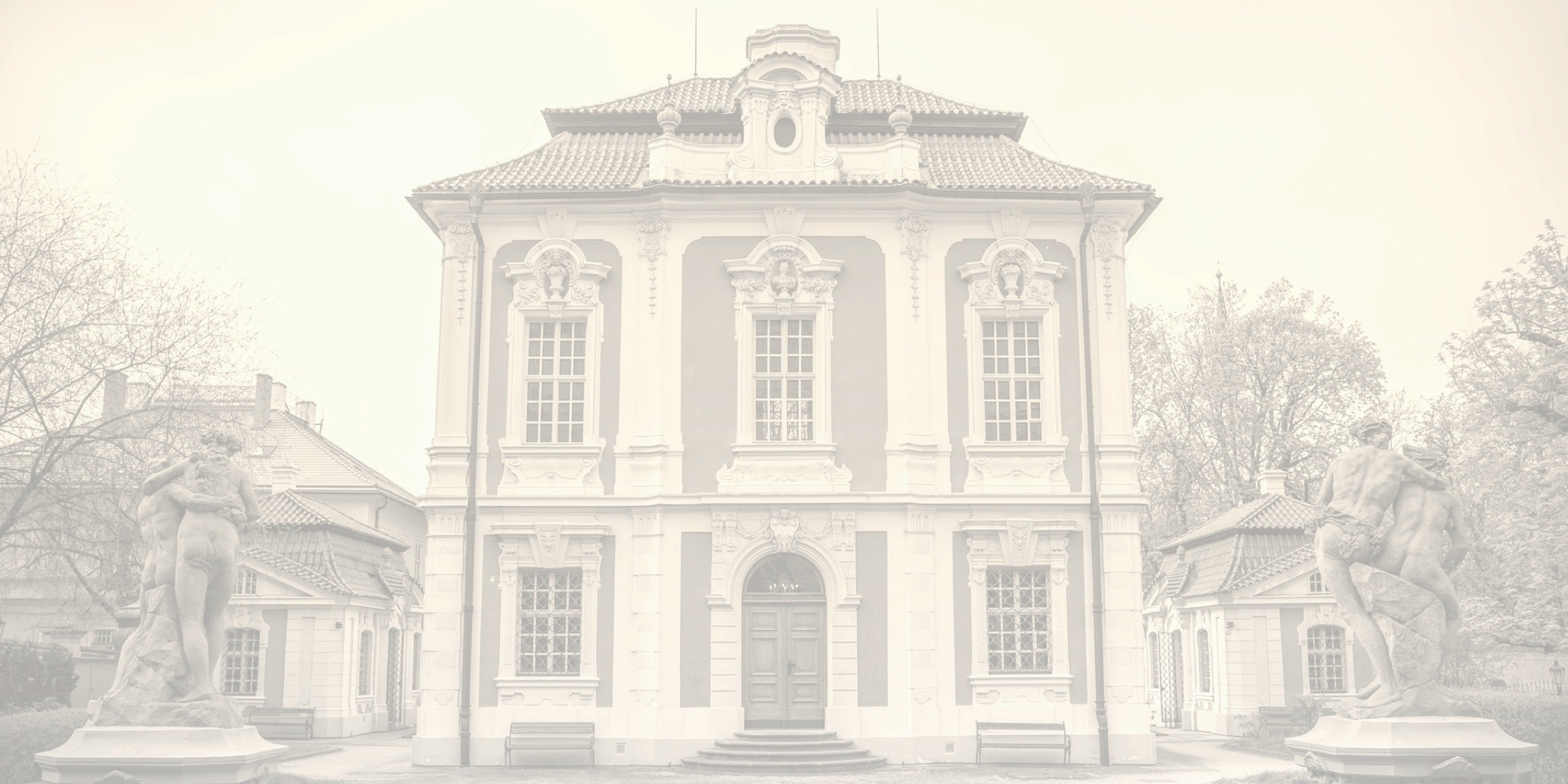
13 September saw the opening of a unique exhibition at the Antonín Dvořák Museum, where lovers of the composer’s music can come to see twelve original musical manuscripts throughout the year. Each month, one rare exhibit will be on display, such as the Moravian Duets, the Stabat Mater, the Slavonic Dances, and the Humoresques. Besides manuscripts, Dvořák’s original personal possessions will be on display along with copies of other documents from the collections of the National Museum – Antonín Dvořák Museum, such as photographs, correspondence, printed music, or personal documents. The autobiographical-sounding exhibition title refers to interviews the composer gave to the foreign press. Excerpts from some of them are published in the exhibition catalogue, which also contains previously unpublished photographs of certain collection items including photographs of Dvořák’s exhibited original manuscripts, which are on display only under special circumstances.
The exhibition, titled Antonín Dvořák: My Life and Work, is taking place for the occasion of the inscription of the Antonín Dvořák Archive into the UNESCO Memory of the World Register. The archive being inscribed into the Register contains the composer’s musical manuscripts, correspondence, personal documents, manuscripts other than music, his personal library, iconography, first editions of Dvořák’s works, printed documentation, diplomas, and honorary memberships. In total, this involves 3,500 items that were part of the nomination. However, the collection at the Antonín Dvořák Museum contains far more than that. As of 2023, the museum is in charge of ca. 9,000 collection items.
The 2023 Dvořák Prague Festival Has Begun
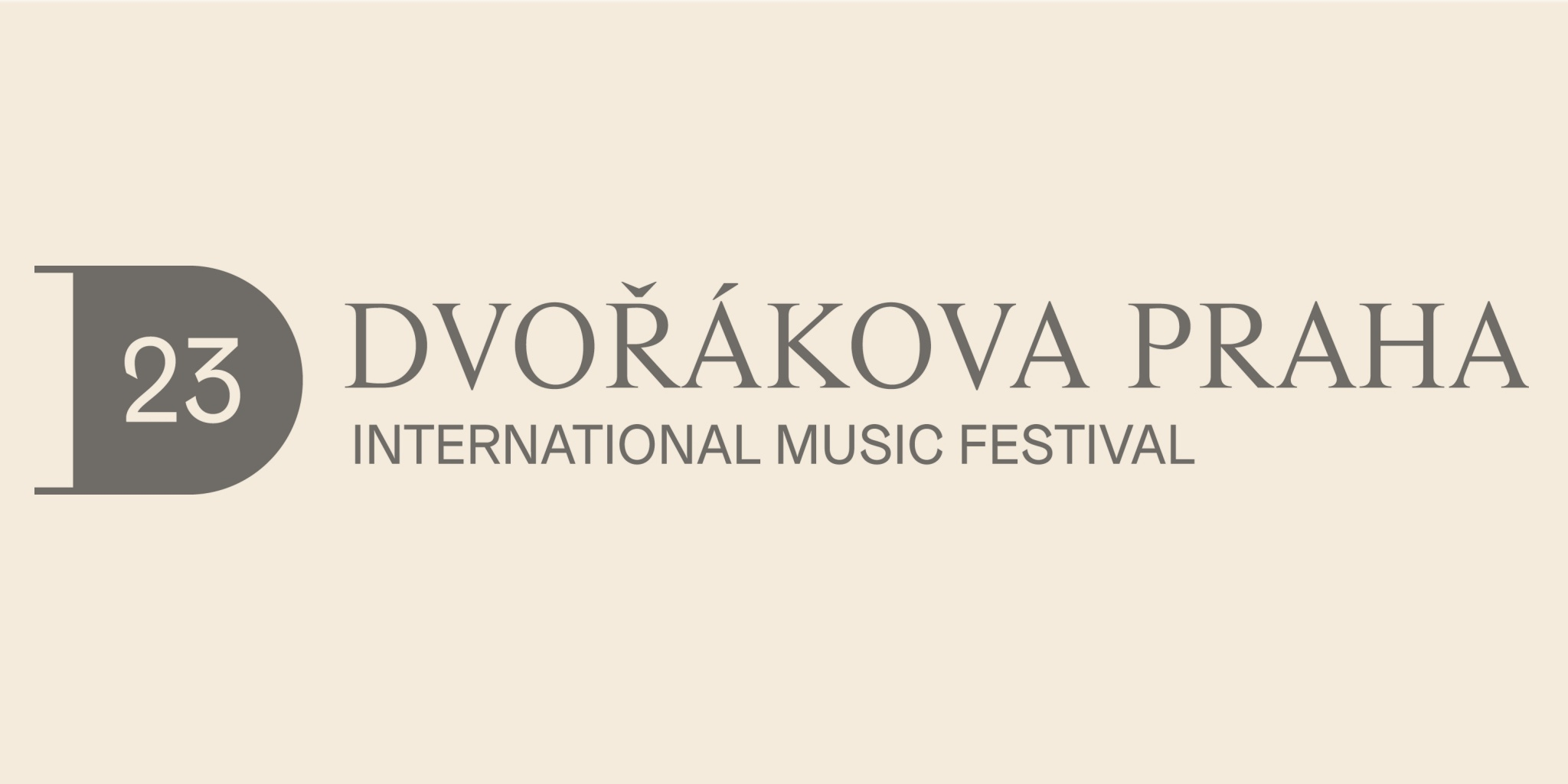
On Thursday, 7 September, this year’s 16th annual Dvořák Prague Festival began in the Rudolfinum’s Dvořák Hall. In accordance with tradition, the first notes belonged to Antonín Dvořák’s Cello Concerto, played on the eve of the anniversary of the composer’s birth by the soloist Anastasia Kobekina. She was accompanied by the Zurich Tonhalle-Orchester and their chief conductor Paavo Järvi, who played Dvořák’s “New World Symphony” on the second half of the programme.
The programme series Brahms 190, commemorating the anniversary of that great German composer’s birth, features all of Brahms’s concertos. On 10 September, the Israel Philharmonic and the American soloist Gil Shaham will perform Brahms’s Violin Concerto, and joining them the very next day is cellist Kian Soltani for the great Double Concerto. Igor Levit and the Vienna Philharmonic will play the Second Piano Concerto on 13 September, and on 25 September, the festival’s final evening, the British soloist Paul Lewis will play the First Piano Concerto.
For 14 September, the Czech Philharmonic, the festival’s orchestra-in-residence, has prepared Brahms’s largest composition: A German Requiem. Sakari Oramo, chief conductor of the BBC Symphony Orchestra, will lead the performance with the Prague Philharmonic Choir and soloists Anu Komsi and Christian Senn. The Czech Philharmonic’s principal guest conductor Tomáš Netopil will be on the podium on 19 September for a programme featuring Sergei Rachmaninoff’s Third Piano Concerto with soloist Boris Giltburg, then on 22 September the orchestra will make its third festival appearance with Sir András Schiff, who is also the soloist in piano concertos by J. S. Bach and W. A. Mozart.
The Dvořák Prague Festival Chamber Series and its curator, the Pavel Haas Quartet, will continue its three-year project with the aim of successively presenting Dvořák’s complete string quartets played by leading Czech and foreign ensembles. The programme series For the Future offers performances by the younger generation of performers, including the double finals of the competition Concertino Praga and a concert of the Academy of Chamber Music led by cellist Tomáš Jamník on 17 September.
THE ANTONÍN DVOŘÁK MEMORIAL IN VYSOKÁ CELEBRATES ITS 60TH YEAR
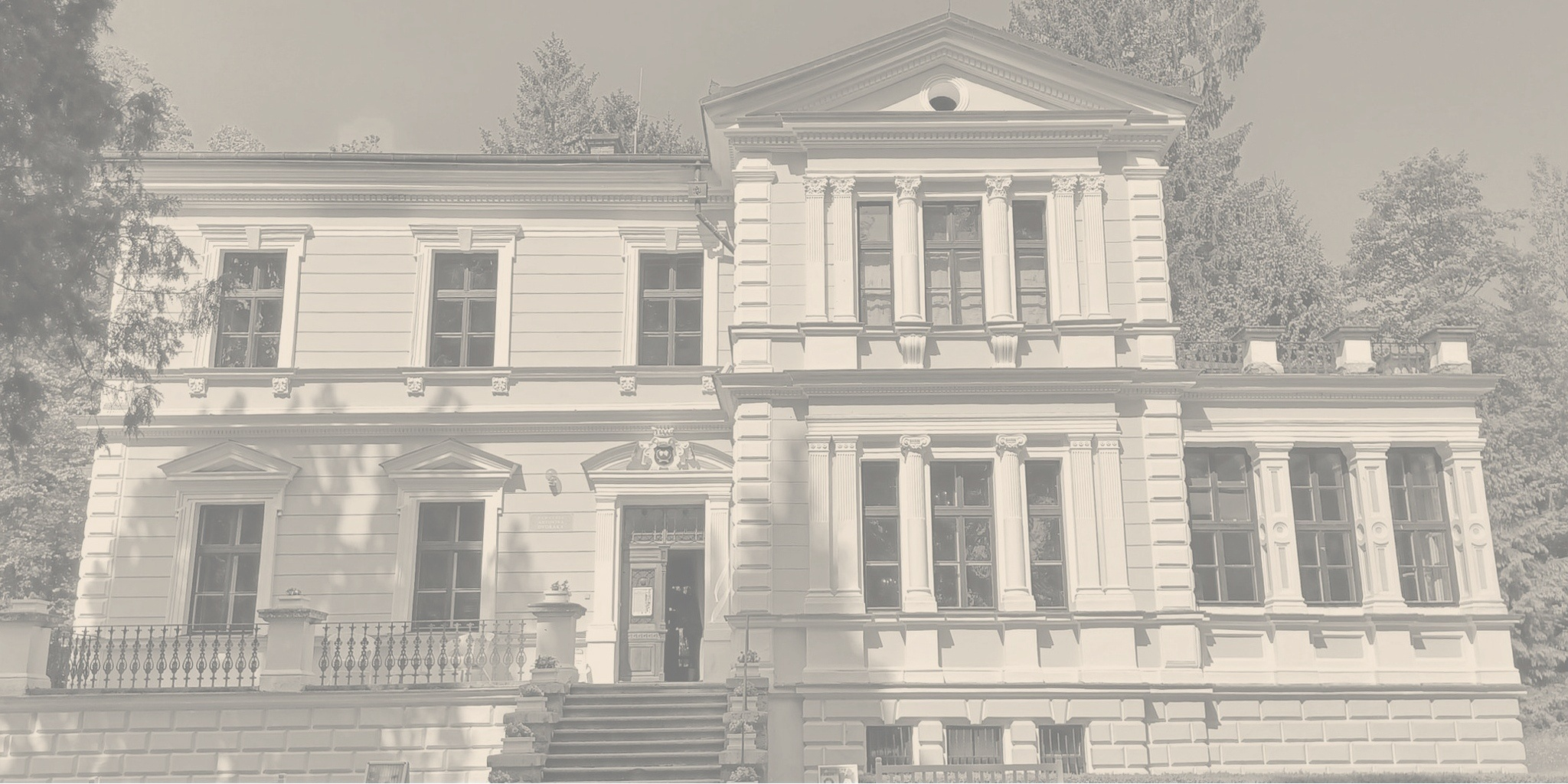
Dvořák’s stays in the village Vysoká u Příbramě cover 27 long years of his life. He and his family regularly spent the summer months there, and he composed more than thirty works during those visits. The place offered him peace and quiet for his work and the close contact with nature that he regarded as indispensable.
The Antonín Dvořák Memorial is based in the neo-Renaissance mansion that the composer’s brother-in-law Count Václav Kounic had built there in 1878. The memorial opened on 20 July 1963. Over the next 60 years, the exhibition space was expanded, including the conversion of the boiler room and cellar into the Václav Kounic Gallery at the beginning of the millennium. Today it is an organisation with funding from the Central Bohemian Region.
On Saturday, 22 July 2023, visitors can look forward to concerts, lectures, a guided tour, and the opening of a new exhibition. The composer’s descendants will also be joining in the celebrations. The string ensemble Quartet Vivo will be playing at several unusual locations in the large park. The highpoint of the programme will be a concert given by the Epoque Quartet in Vysoká at the pub U Cempírka.
Archives of Antonín Dvořák are inscribed on the UNESCO Memory of the World Register
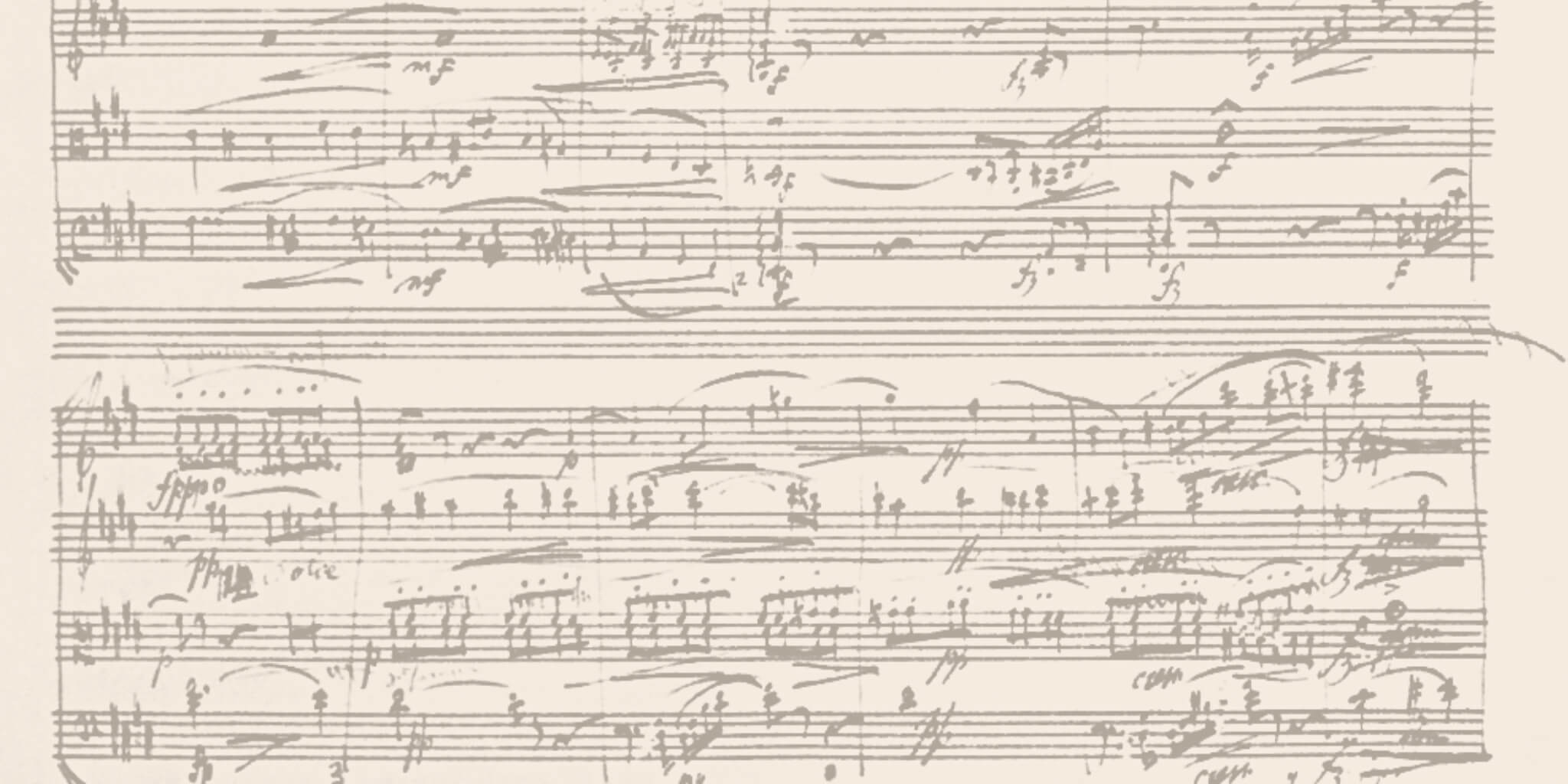
Experts from the Memory of the World project have inscribed the Archives of Antonín Dvořák on their international register. The inscription was approved at the 18 May 2023 meeting of the UNESCO Executive Board. The Czech Republic now has ten items inscribed on the register for documentary heritage of worldwide importance, such as a collection of medieval manuscripts from the period of the Czech Reformation. The UNESCO programme Memory of the World was created in 1992 to raise awareness of documentary heritage as an important part of mankind’s cultural heritage.
The Archives of Antonín Dvořák encompass most of Dvořák’s musical manuscripts, authorised copies of his compositions, and first editions of his works as well as a collection of his correspondence, diplomas, certificates of honorary membership, and other documents. The archives are very important for what they tell us not only about Dvořák and his music, but also about musical culture and the standing of artists in the latter half of the 19th century, which was a crucial phase in the evolution of the modern world. This exceptionally valuable collection of documents relating to Dvořák is in the care of the Czech Museum of Music – Antonín Dvořák Museum, a part of the National Museum.
The 2023 Dvořák Prague Festival has announced its programme

The organisers of the Dvořák Prague International Music Festival have announced the programme for the coming 16th-annual festival, which is scheduled for 7–25 September. Besides the works of Antonín Dvořák, Johannes Brahms will be appearing at the festival more than usual because this May brings the 190th anniversary of his birth.
At the festival’s opening concert with its traditional performances of Dvořák’s Cello Concerto in B Minor and the New World Symphony, Tonhalle-Orchester Zürich will appear with its music director Paavo Järvi. Anastasia Kobekina will play the solo cello part.
The World-Class Orchestras programme series will also offer a concert by the Wiener Philharmoniker under the baton of Jakub Hrůša, which will begin with Brahms’s Second Piano Concerto and soloist Igor Levit, followed by Antonín Dvořák’s Eight Symphony. The Israel Philharmonic will appear twice with its Music Director Lahav Shani and violinist Gil Shaham.
For a second year, the Dvořák Collection programme series will be focusing on performances of the complete string quartets of Antonín Dvořák. Under the supervision of members of the Pavel Haas Quartet as curators, Dvořák’s compositions will be heard in interpretations by top Czech and foreign quartets, this year for example including the Belcea Quartet and the Schumann Quartet.
The Renovation of Dvořák’s Birthplace in Nelahozeves Has Begun
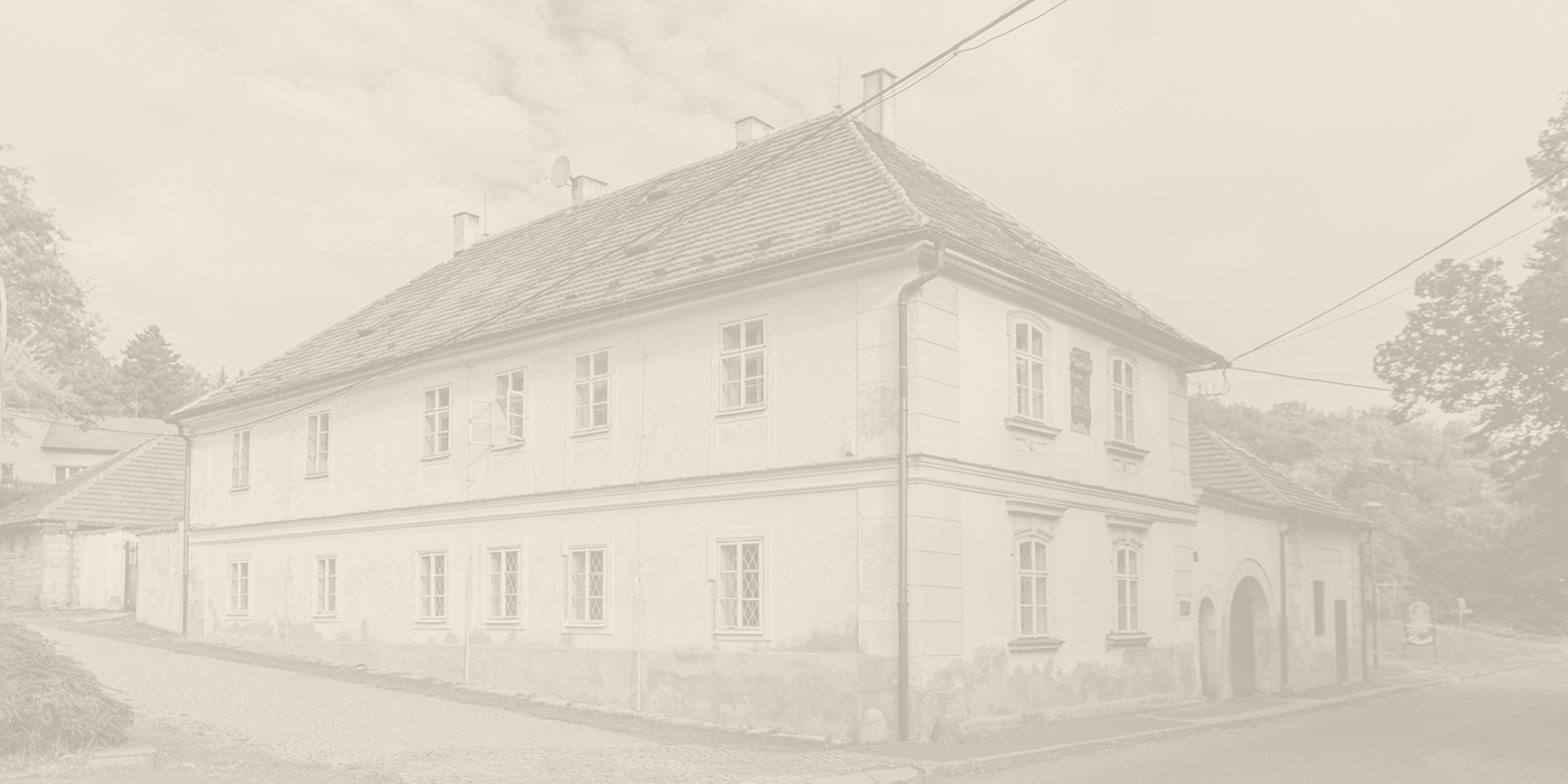
The renovation of Antonín Dvořák’s birthplace in the village of Nelahozeves, Central Bohemia, will take about 12 months. Work started in January of this year. After the completion, a brand new museum exhibition will open in the refurbished and newly added buildings from April 2024, bringing visitors closer to the time of Dvořák’s childhood.
According to Lobkowicz Collections, o.p.s., which has been the administrator of the property since 2019, some parts of the upcoming exhibition containing a number of interactive elements will be installed in Nelahozeves in the nearby castle this June. In the future, the grounds of Antonín Dvořák’s birthplace will also be used for holding various cultural, educational and social events.
The building of the inn where Dvořák was born, together with the neighbouring buildings of the farmstead, has been registered as a cultural monument since 1958.
Official Award Ceremony of the Antonín Dvořák Prize 2022

During its Advent concert on Monday 19 December, the Prague Philharmonic Choir received the Antonín Dvořák Prize for 2022.
Poetic Tone Pictures on the new recording by Leif Ove Andsnes

On 28 October 2022, Sony Classical released a new recording of Dvořák's masterpiece piano series The Poetic Tone Pictures, performed by the world's leading pianist Leif Ove Andsnes. This regrettably neglected work rarely appears on concert stages and on recordings, and usually only in the form of a selection. Andsnes has recorded an extensive thirteen-part, nearly hour-long cycle in its entirety. Both interpretively and technically outstanding, it has already received many rave reviews. According to the Norwegian pianist, these unknown gems present the composer, known for his symphonies and string quartets, in a different light. "I love this music and no-one seems to play it," says Andsnes. " It's a cycle of many stories but it also feels like one big story. I feel like someone opening a book and saying: Listen, I'm going to tell you something." The performer also personally presented his take on this Dvořák work with great acclaim to Prague audience during his recital at the Rudolf Firkušný Piano Festival in November 2022.